Home>Home Maintenance>What Should A Buyer’s Agent Do At An Inspection?
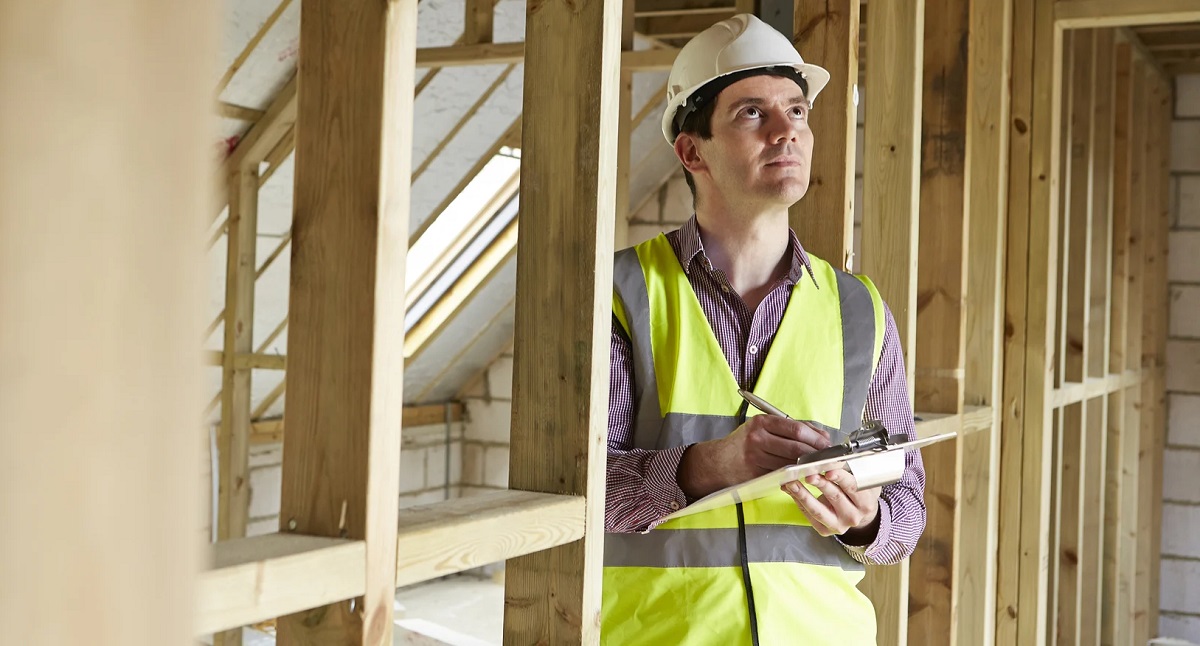

Home Maintenance
What Should A Buyer’s Agent Do At An Inspection?
Modified: March 6, 2024
A buyer's agent plays a crucial role during a home inspection, ensuring thorough assessments of the property's condition, including essential aspects of home maintenance.
(Many of the links in this article redirect to a specific reviewed product. Your purchase of these products through affiliate links helps to generate commission for Storables.com, at no extra cost. Learn more)
Introduction
When you’re in the process of buying a home, having a buyer’s agent by your side is essential. A buyer’s agent is a licensed real estate professional who represents the buyer’s best interests throughout the home-buying process. From searching for properties to negotiating offers, they play a crucial role in ensuring a smooth and successful transaction.
One important aspect of a buyer’s agent’s role is attending home inspections. Home inspections are a critical step in the home-buying process, as they provide an opportunity for the buyer to evaluate the condition of the property and identify any potential issues. Having a buyer’s agent present during the inspection can be immensely beneficial, as they can provide guidance, ask relevant questions, and assist with negotiating repairs or concessions.
In this article, we will delve into the various tasks and responsibilities of a buyer’s agent during a home inspection. By understanding what a buyer’s agent should do at an inspection, you can better leverage their expertise and ensure a comprehensive evaluation of the property.
So, let’s dive in and explore the importance of a buyer’s agent’s role during a home inspection, and how they can help you make informed decisions throughout the buying process.
Key Takeaways:
- A buyer’s agent is like a helpful guide during a home inspection, pointing out potential problems and helping you ask the right questions. They’re like a detective, finding clues to make sure you know what you’re getting into when buying a home.
- Your buyer’s agent is your superhero when it comes to negotiating repairs or getting a better deal after a home inspection. They use their superpowers to fight for your best interests and make sure you’re happy with your new home.
Understanding the Role of a Buyer’s Agent
A buyer’s agent acts as a trusted advocate for the home buyer throughout the purchasing journey. Their primary goal is to protect and represent the buyer’s interests, ensuring they find a suitable property at the best possible price and terms.
During a home inspection, a buyer’s agent plays a crucial role in assessing the condition of the property and identifying any potential issues. They bring their expertise and knowledge of home maintenance, construction, and building codes to the table, providing valuable insights that the buyer may not have.
One of the key responsibilities of a buyer’s agent at an inspection is to help the buyer understand the significance of any deficiencies found in the property. They can explain the potential implications of these deficiencies, both in terms of safety and financial costs, to help the buyer make informed decisions.
In addition, a buyer’s agent can offer advice on the feasibility and cost of repairs or renovations that may be necessary. This information can be invaluable during negotiations, as it helps the buyer determine whether it’s worth requesting repairs or concessions from the seller.
Furthermore, a buyer’s agent should have a keen eye for detail and be able to identify any hidden or cosmetic issues that may not be immediately apparent to the buyer. By providing this additional level of scrutiny, they ensure the buyer has a comprehensive understanding of the property’s condition.
It’s important to note that while a buyer’s agent can offer guidance and insights, they are not licensed home inspectors. Their role is to assess the overall condition of the property and advise the buyer accordingly. If significant concerns are identified during the inspection, they may recommend hiring a professional home inspector for further evaluation.
Overall, the role of a buyer’s agent at a home inspection is to provide support, expertise, and guidance throughout the process. They act as a trusted ally, ensuring the buyer has all the necessary information to make an informed decision about the purchase.
Preparing for the Inspection
Prior to the scheduled home inspection, a buyer’s agent plays a vital role in ensuring that the buyer is adequately prepared. This preparation is essential to make the most out of the inspection and to gather all the necessary information about the property.
The first step in preparing for the inspection is to coordinate with the seller’s agent to schedule the date and time. The buyer’s agent takes charge of this coordination to ensure that all parties involved can attend the inspection. It’s crucial to have all interested parties present, including the buyer, their agent, and potentially other professionals such as a contractor or a structural engineer.
In addition to scheduling, the buyer’s agent should also request any relevant documentation from the seller, such as permits, renovation records, or warranties. This documentation can provide valuable insights into the history of the property and any past repairs or upgrades that have been made.
Furthermore, the buyer’s agent should encourage the buyer to compile a list of questions or concerns they may have about the property. This list can cover a wide range of topics, from specific areas of the property to questions about its systems and maintenance. By collecting these questions in advance, the buyer’s agent can ensure that they are addressed during the inspection.
Lastly, the buyer’s agent should advise the buyer to dress comfortably and prepare for a thorough examination of the property. It’s important for the buyer to be physically present during the inspection to actively participate, ask questions, and gain a deeper understanding of the property’s condition.
By taking these preparatory steps, the buyer’s agent ensures that the buyer is well-informed and ready to make the most of the upcoming inspection. This level of preparation sets the stage for a comprehensive evaluation of the property and maximizes the buyer’s ability to make informed decisions about the purchase.
Accompanying the Buyer to the Inspection
Accompanying the buyer to the home inspection is an essential part of the buyer’s agent’s role. By being present at the inspection, the buyer’s agent can observe the process, ask pertinent questions, and provide guidance and support to the buyer.
First and foremost, the buyer’s agent should arrive promptly and be prepared to actively participate in the inspection. They should bring along a notepad or tablet to take notes and document any areas of concern or notable findings.
During the inspection, the buyer’s agent should be vigilant and attentive, paying close attention to the inspector’s comments and observations. They can use their knowledge and expertise to assess the significance of any issues raised by the inspector and offer insights to the buyer.
The buyer’s agent should also encourage the buyer to ask questions and seek clarification when needed. As the buyer may not have the same level of familiarity with home maintenance and construction, the buyer’s agent can act as a conduit for information, ensuring that the buyer fully understands the inspector’s comments and any potential implications.
Additionally, the buyer’s agent should be proactive in pointing out any concerns they notice during the inspection. They may have a different perspective or experience that allows them to identify potential issues that the inspector may overlook. By bringing attention to these concerns, the buyer’s agent helps the buyer have a comprehensive understanding of the property’s condition.
Throughout the inspection, the buyer’s agent should maintain open and clear communication with the buyer. They should provide updates on the progress of the inspection, highlight areas of significance, and address any questions or concerns raised by the buyer. This continuous communication helps the buyer feel supported and informed throughout the process.
By accompanying the buyer to the inspection, the buyer’s agent plays a crucial role in ensuring that the buyer gains a comprehensive understanding of the property’s condition. Their presence allows for active participation, clear communication, and the ability to address any concerns or questions in real-time.
Observing and Noting Deficiencies
One of the primary responsibilities of a buyer’s agent during a home inspection is to carefully observe and note any deficiencies or issues with the property. These observations serve as a valuable reference for the buyer, allowing them to have a clear understanding of the property’s condition and potential areas of concern.
As a trained professional with knowledge of home maintenance and construction, the buyer’s agent can identify and assess deficiencies that may not be immediately obvious to the buyer. They have a keen eye for spotting potential problems and can offer insights into the potential impact of these deficiencies on the property’s value and livability.
During the inspection, the buyer’s agent should take detailed notes and photographs of any deficiencies they observe. This documentation serves multiple purposes. It allows the buyer to have a visual record of the issues, which can be useful for further evaluation or discussions with the seller. It also provides evidence to support any negotiations or requests for repairs or concessions.
When noting deficiencies, the buyer’s agent should include specific details such as the location of the issue, the nature of the deficiency, and any immediate or potential impact it may have. This level of detail ensures that the buyer has a complete understanding of the issues and can make informed decisions regarding the purchase.
Furthermore, it’s important for the buyer’s agent to prioritize deficiencies based on their significance and potential impact. Not all issues are created equal, and some may require immediate attention or further evaluation by a specialist. By providing this prioritization, the buyer’s agent helps the buyer focus on the most critical concerns and navigate the post-inspection process more efficiently.
Overall, observing and noting deficiencies is a crucial task that the buyer’s agent performs during a home inspection. Their expertise and attention to detail provide valuable insights to the buyer, ensuring that they have a comprehensive understanding of the property’s condition and assisting them in making informed decisions throughout the buying process.
A buyer’s agent should thoroughly inspect the property with their client, take note of any issues, and ask the seller’s agent important questions about the property’s condition.
Asking Relevant Questions
During a home inspection, it’s essential for the buyer’s agent to ask relevant questions to gather as much information as possible about the property. By asking the right questions, the buyer’s agent can uncover valuable insights and ensure that all aspects of the property are thoroughly evaluated.
One key area to focus on is the property’s maintenance history. The buyer’s agent should inquire about any past repairs or renovations that have been done, as well as the age and condition of major systems such as the roof, HVAC, plumbing, and electrical. This information helps assess the property’s overall maintenance and potential future expenses.
It’s also important to ask about any known issues or concerns that the seller may be aware of. The buyer’s agent can inquire about previous pest infestations, water damage, or structural problems to uncover any hidden issues that may need further investigation.
Another crucial topic to address is the condition of the property’s foundation. The buyer’s agent should inquire about any signs of settling, cracks, or water issues, as these can indicate potential structural problems that may impact the property’s stability.
In addition to the physical condition of the property, the buyer’s agent should also ask about any restrictions or rules imposed by homeowner associations or other governing bodies. This includes inquiries about HOA fees, regulations regarding property modifications, and any upcoming assessments that may impact the buyer’s financial planning.
Furthermore, the buyer’s agent can ask questions related to energy efficiency and sustainability. This can include inquiries about insulation, energy-efficient features, or the use of renewable energy sources. Such information can be valuable for buyers who prioritize environmental considerations.
Asking relevant questions not only provides the buyer’s agent with a deeper understanding of the property but also ensures that the buyer is well-informed about all aspects of the home. These questions allow for a comprehensive evaluation of the property’s condition, potential issues, and overall suitability for the buyer’s needs and preferences.
Assisting with Negotiations
One of the vital roles of a buyer’s agent during a home inspection is to assist with negotiations based on the findings of the inspection. After the inspection, there may be deficiencies or issues that need to be addressed, and the buyer’s agent plays a crucial role in advocating for the buyer’s best interests.
First and foremost, the buyer’s agent should review the inspection report thoroughly and discuss the findings with the buyer. They should highlight any significant deficiencies or concerns that may impact the property’s value or the buyer’s future expenses.
Once the buyer is fully informed about the inspection findings, the buyer’s agent can assist in determining the appropriate course of action. This may involve negotiating repairs, concessions, or a reduction in the purchase price to offset the cost of necessary repairs.
The buyer’s agent should have a good understanding of local market conditions and can provide guidance on what is typical in terms of negotiation outcomes. They can draw upon their experience and knowledge to advise the buyer on the best approach to negotiate with the seller.
In addition to negotiating repairs or concessions, the buyer’s agent can also assist in coordinating any necessary follow-up inspections or evaluations. For instance, if there is a major concern regarding the foundation or the plumbing, they may recommend bringing in a structural engineer or a plumber to provide a more detailed evaluation.
Throughout the negotiation process, the buyer’s agent serves as the buyer’s advocate, using their skills and expertise to negotiate the best possible outcome. They can present the inspection findings to the seller’s agent, provide supporting documentation and evidence, and effectively communicate the buyer’s concerns and desired resolutions.
It’s important to note that the negotiation process may involve some back-and-forth between the buyer, the seller, and their respective agents. The buyer’s agent should be prepared to negotiate on behalf of the buyer, keeping their best interests at the forefront and working towards a resolution that meets the buyer’s requirements.
By assisting with negotiations, the buyer’s agent ensures that the buyer’s concerns are addressed and that any necessary repairs or concessions are appropriately documented and agreed upon. Their negotiation skills and expertise contribute to a smoother and more favorable outcome for the buyer.
Providing Post-Inspection Recommendations
After the home inspection, the buyer’s agent plays a crucial role in providing post-inspection recommendations to the buyer. These recommendations are based on the findings of the inspection and are designed to guide the buyer in making informed decisions regarding the purchase of the property.
One of the main post-inspection recommendations that the buyer’s agent may provide is to consider obtaining additional specialized inspections or evaluations for specific areas of concern. For example, if the inspector identified potential issues with the electrical system, the buyer’s agent may recommend bringing in an electrician for a more detailed evaluation.
In addition to specialized inspections, the buyer’s agent may suggest seeking quotes or estimates from qualified contractors for any necessary repairs or renovations identified during the inspection. This provides the buyer with a clearer understanding of the expected costs involved in addressing the identified deficiencies.
Furthermore, the buyer’s agent can advise the buyer on whether the identified deficiencies are deal-breakers or if they can be successfully negotiated with the seller. They can offer insights on which repairs or concessions are reasonable to request based on market conditions and the overall condition of the property.
The buyer’s agent may also recommend consulting with other professionals, such as attorneys or mortgage brokers, following the inspection. This ensures that the buyer has all the necessary information and guidance in navigating the next steps of the buying process.
If the inspection reveals major issues with the property that the buyer is unwilling to accept, the buyer’s agent can provide guidance on how to proceed. This may involve renegotiating the purchase price, requesting additional repairs, or ultimately walking away from the transaction.
Overall, the post-inspection recommendations provided by the buyer’s agent are tailored to the specific circumstances of the buyer and the property. Their expertise and knowledge in real estate transactions allow them to offer valuable guidance to the buyer, ensuring that they have a clear understanding of the inspection findings and can make informed decisions moving forward.
Conclusion
In conclusion, the role of a buyer’s agent during a home inspection is vital in assisting and guiding the buyer throughout the process. From preparing for the inspection to accompanying the buyer, observing and noting deficiencies, asking relevant questions, assisting with negotiations, and providing post-inspection recommendations, the buyer’s agent plays a crucial role in ensuring a successful and informed home buying experience.
A buyer’s agent brings their expertise, knowledge, and experience to the table, helping the buyer navigate the complexities of a home inspection. By observing and noting deficiencies, they provide the buyer with a comprehensive understanding of the property’s condition and potential issues. Their ability to ask relevant questions ensures that no aspect of the property is overlooked, from maintenance history to restrictions and regulations.
Assisting with negotiations is another essential aspect of the buyer’s agent’s role. They advocate for the buyer’s best interests, skillfully negotiating repairs, concessions, or price reductions based on the inspection findings. Their post-inspection recommendations, which may include additional specialized inspections or seeking quotes from contractors, provide the buyer with valuable guidance in making informed decisions.
Throughout the entire process, the buyer’s agent serves as a trusted advocate and ally, providing support, insights, and guidance. Their presence during the inspection offers peace of mind to the buyer, knowing that they have a professional by their side, actively participating and documenting important information.
In summary, a buyer’s agent’s role during a home inspection goes beyond merely attending the inspection. They bring expertise, ensure thorough evaluations, assist with negotiations, and provide post-inspection recommendations to guide the buyer in making informed decisions during the home buying process. Their value lies in their ability to protect the buyer’s best interests and help them achieve their home ownership goals.
Frequently Asked Questions about What Should A Buyer's Agent Do At An Inspection?
Was this page helpful?
At Storables.com, we guarantee accurate and reliable information. Our content, validated by Expert Board Contributors, is crafted following stringent Editorial Policies. We're committed to providing you with well-researched, expert-backed insights for all your informational needs.

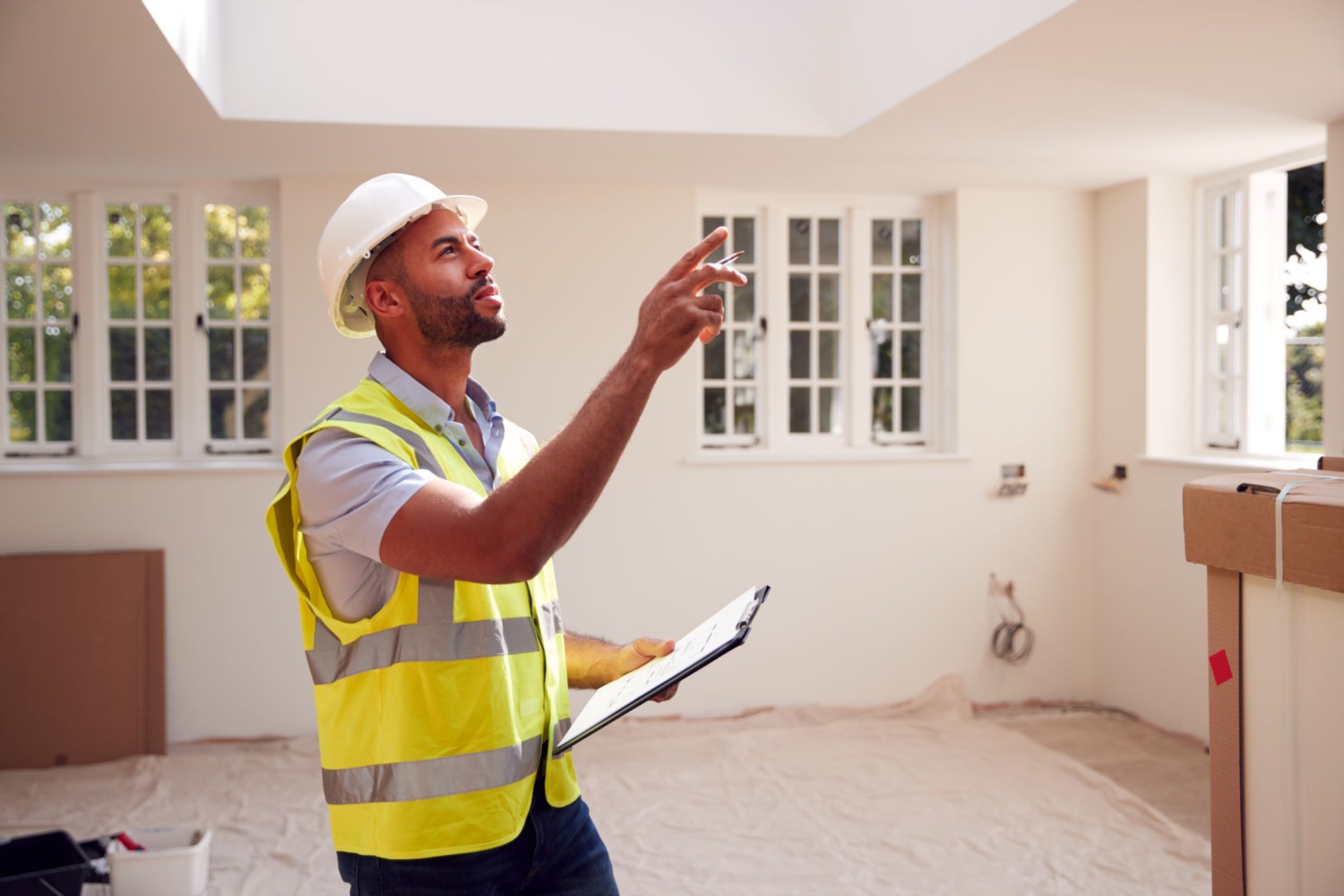






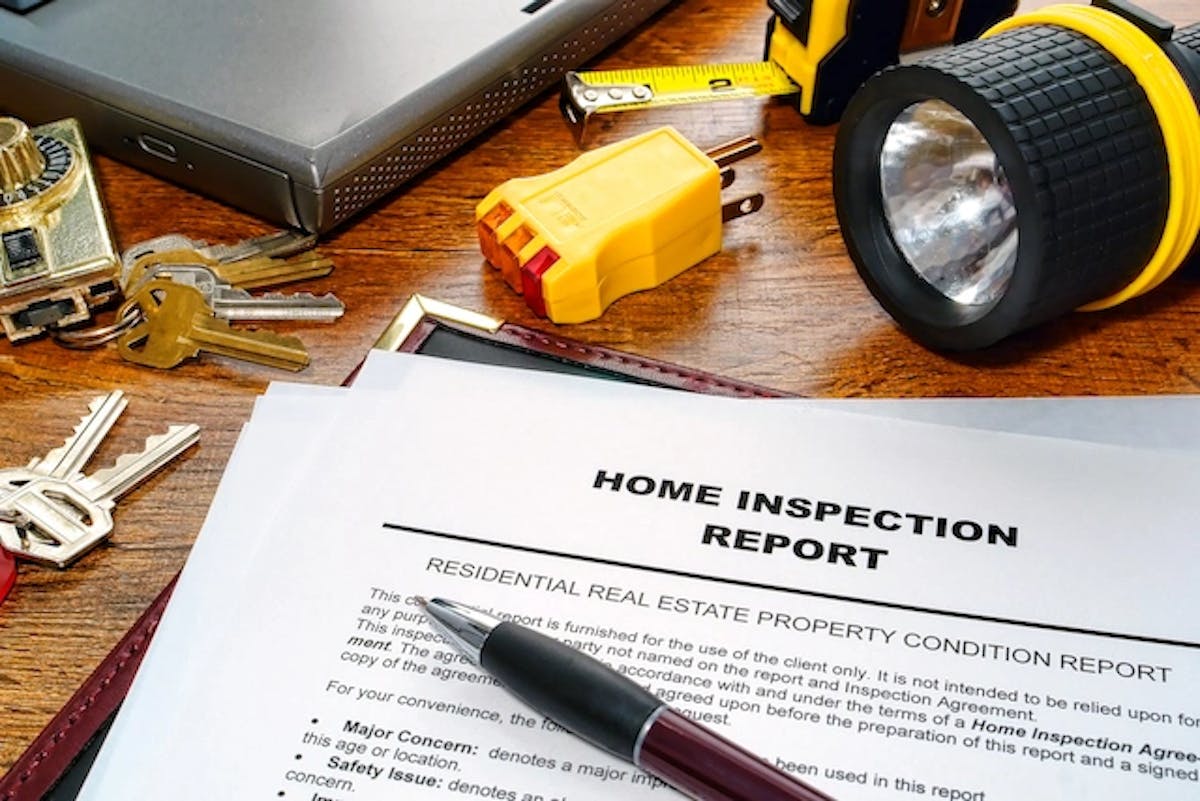
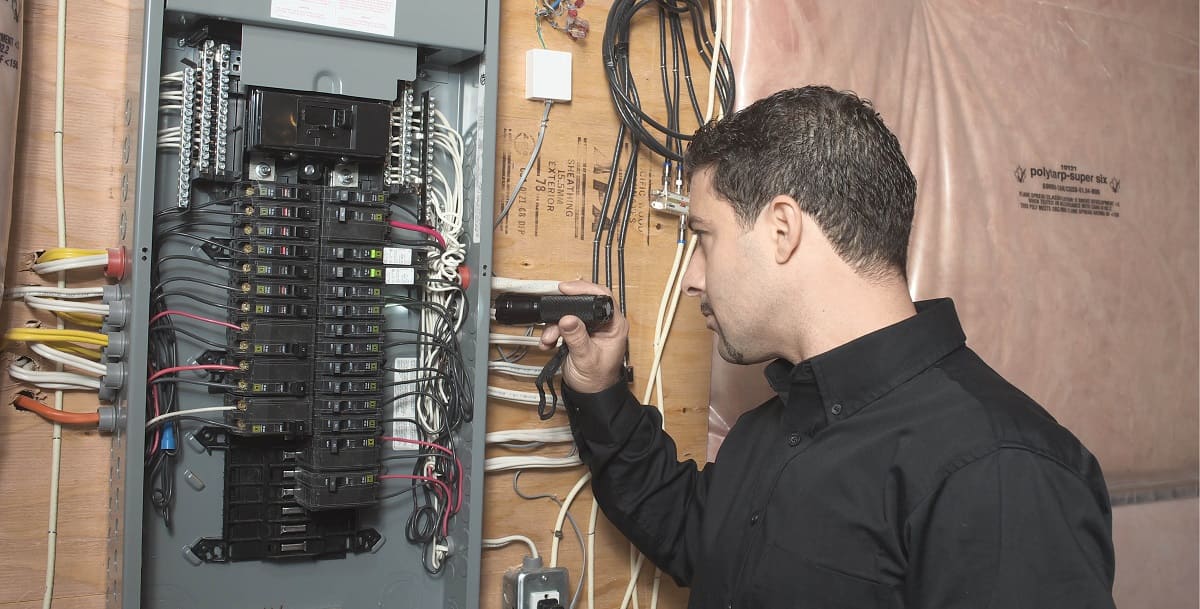


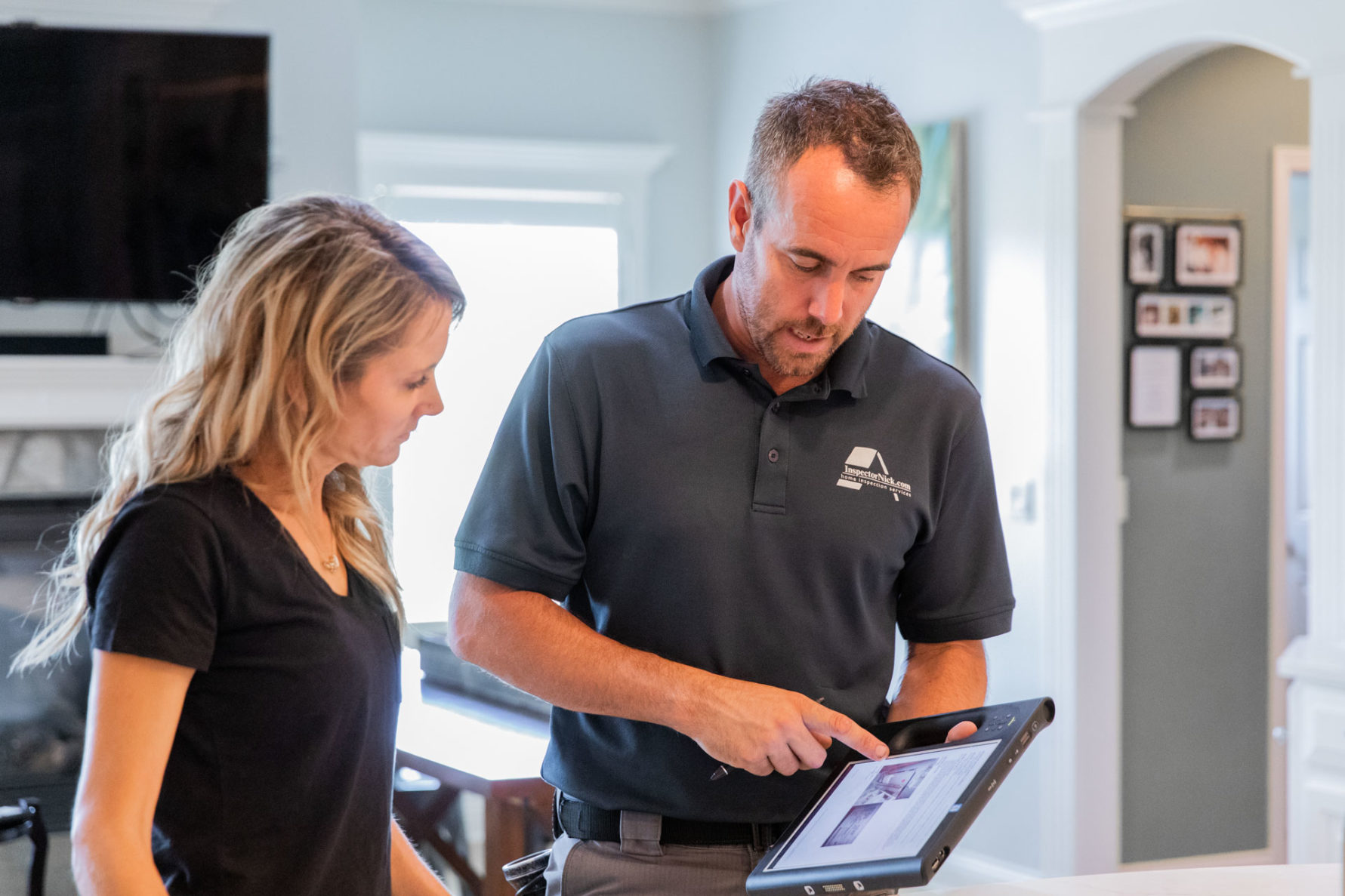
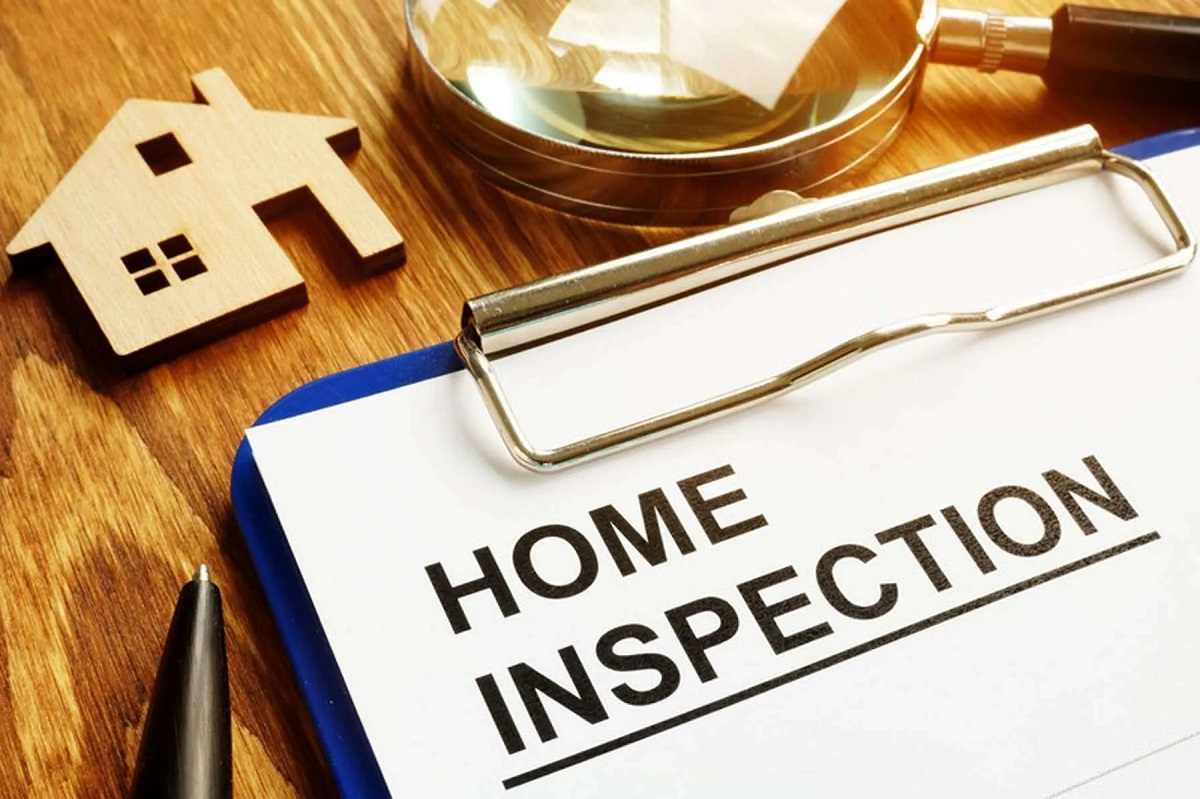

0 thoughts on “What Should A Buyer’s Agent Do At An Inspection?”